Despite global acclaim, I feel unrecognised in my country: Shabnam
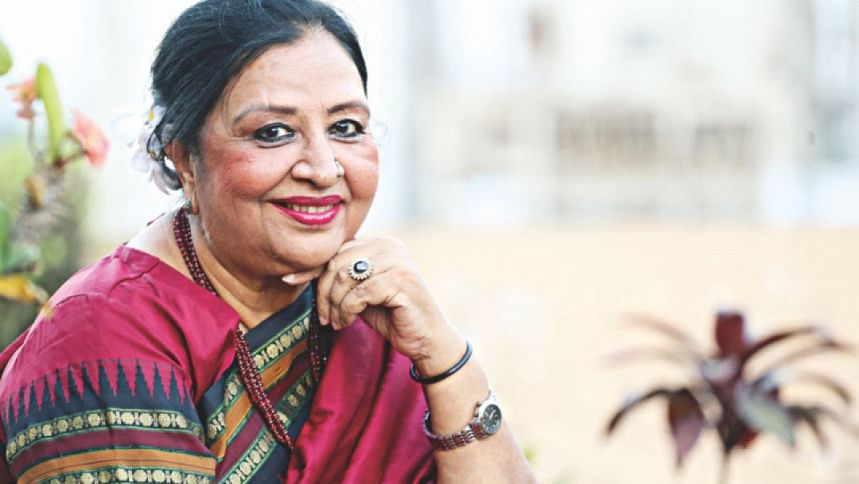
Actress Jharna Basak, better known by the stage name Shabnam, emerged as a household name in Bangla and Pakistani cinema during the 1960s by winning hearts with her performance in the superhit song "Ami Rup Nogorer Rajkonna". Born on August 17, 1946, in Dhaka, Shabnam has many superhit projects to her name, including "Rajdhanir Bukey", "Kokhono Asheni", and "Harano Din".
Shabnam became a leading star for nearly three decades after being introduced to the Pakistani film industry by actor Waheed Murad in 1968. She eventually went on to earn a record 13 Nigar Awards—the highest for any actress. After living in Pakistan for years, she returned to her native Bangladesh in the late 1990s.
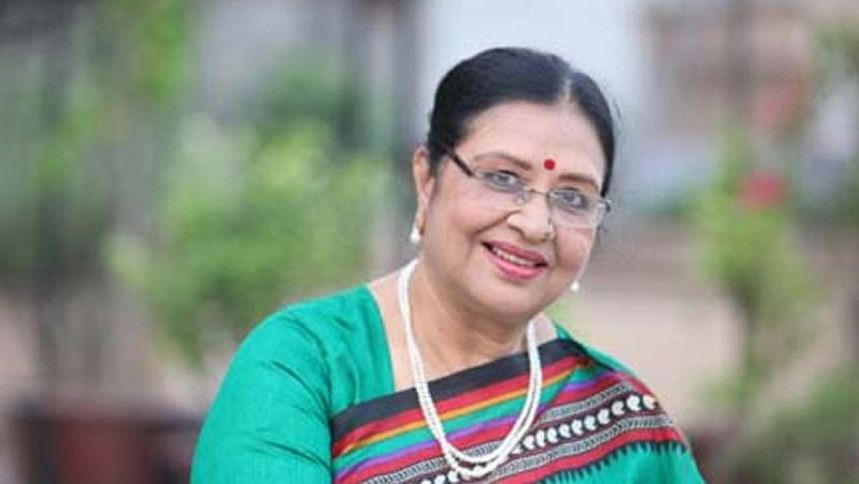
Famed for her roles in both Bangladeshi and Pakistani cinema, Shabnam left a lasting impact. One of her most iconic performances came in the film "Ammajan," where she played the title role, earning widespread love and recognition. Reflecting on the legacy of that role, she shared, "Wherever I go, people still call me Ammajan. When I go to the market, I hear, 'Here comes Ammajan!' It makes me feel proud and honoured."
Shabnam treasures this connection with audiences, especially since she continues to be on its receiving end. "It's the greatest reward of my career. Whether young or old, everyone refers to me as 'Ammajan.' They embrace me like one of their own. What more could I want?"
Despite her immense fame, the actress lives a relatively quiet life today, mostly at home. She still enjoys doing her grocery shopping and only ventures out for family events. She recalled her previous time in Dhaka communicating, "We used to live in Hatkhola, but now we are in Baridhara. Whenever there's a family function, I make sure to attend."
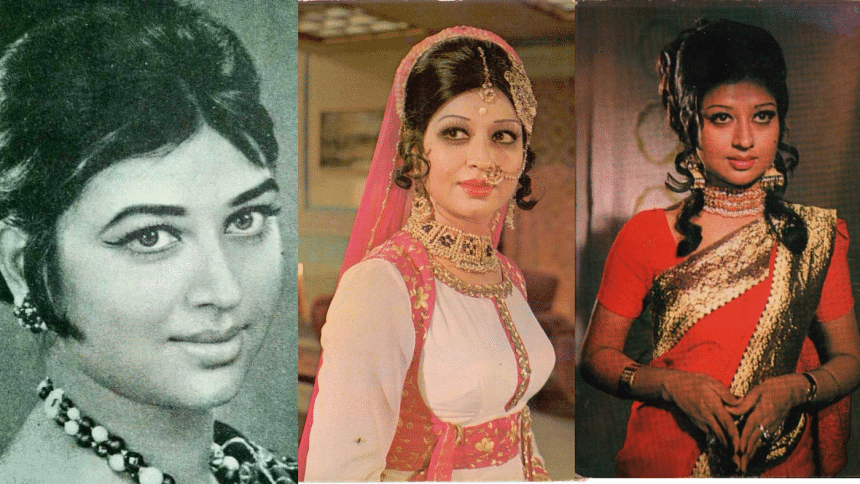
Many of the films and songs she appeared in during the black-and-white era are still beloved by fans today. "Even now, people sing along to my films' songs, like 'Tomare Legeche Eto Je Bhalo' from the film 'Rajdhanir Buke'. Sometimes, I catch these projects on TV or YouTube myself. It feels good to watch them and brings back so many memories," she expressed.
When asked about how she feels about modern cinema, Shabnam mentioned that fans often express their preference for the films of her time. "People come up to me and say, 'The films of your era were much better. We still watch them.' It makes me proud to know I did some good work," she said with a smile.

Regarding her decision to step away from acting after "Ammajan", she explained, "I haven't found a script as impactful as 'Ammajan'. After its release, it created such a stir—audiences adored it. I was later offered 'Maayer Payer Niche Behest,' but it didn't have the same appeal, so I turned it down. I'm still waiting for a script that can match 'Ammajan's' legacy."
Although Shabnam has received numerous international honours, she hasn't been recognised with any major awards in her home country, Bangladesh. When asked if that bothered her, she expressed some sadness. "It's not regret or dissatisfaction, but a sense of disappointment. I wasn't able to do more for my own country. I'm Bangladeshi, after all. I've represented Bangladesh abroad and brought respect to my homeland."
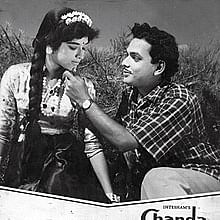
"After 'Ammajan,' my name was on the shortlist for a big award. But then it was removed, and I know who did it. I didn't say anything at the time; I left it to the Almighty. But when I heard that my name was cut, it did hurt," she further revealed.
Nonetheless, Shabnam remains grateful for the love of her fans. "I've always had the love of the people, and that's the biggest award. As long as they keep loving me, I'll keep going. Nothing else matters. I truly believe in this—people's love is the greatest prize of all."

 For all latest news, follow The Daily Star's Google News channel.
For all latest news, follow The Daily Star's Google News channel. 




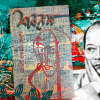



Comments